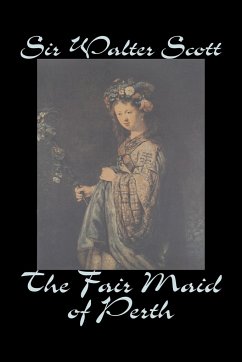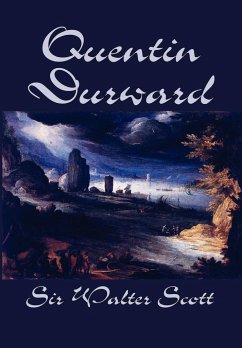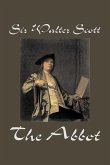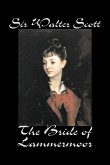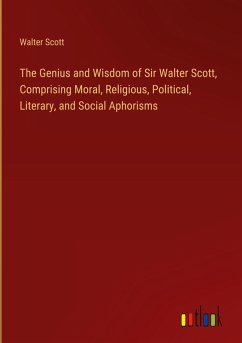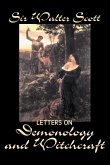"The constant tradition of the Palace says that Mary discharged any measures to be taken to remove the marks of slaughter, which she had resolved should remain as a memorial to quicken and confirm her purposed vengeance. But it is added that, satisfied with the knowledge that it existed, and not desirous to have the ghastly evidence always under her eye, she caused a traverse, as it is called (that is, a temporary screen of boards), to be drawn along the under part of the anteroom, a few feet from the door, so as to separate the place stained with the blood from the rest of the apartment. . . . if measures to efface them were not taken immediately after the affair happened -- if the blood, in other words, were allowed to sink into the wood, the stain would become almost indelible. . . ." -- from Scott's Introduction
Hinweis: Dieser Artikel kann nur an eine deutsche Lieferadresse ausgeliefert werden.
Hinweis: Dieser Artikel kann nur an eine deutsche Lieferadresse ausgeliefert werden.

